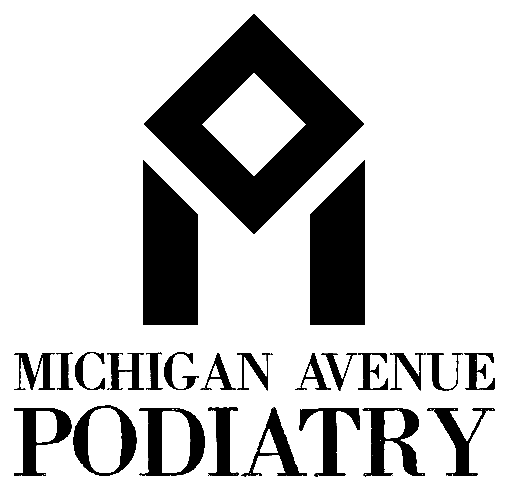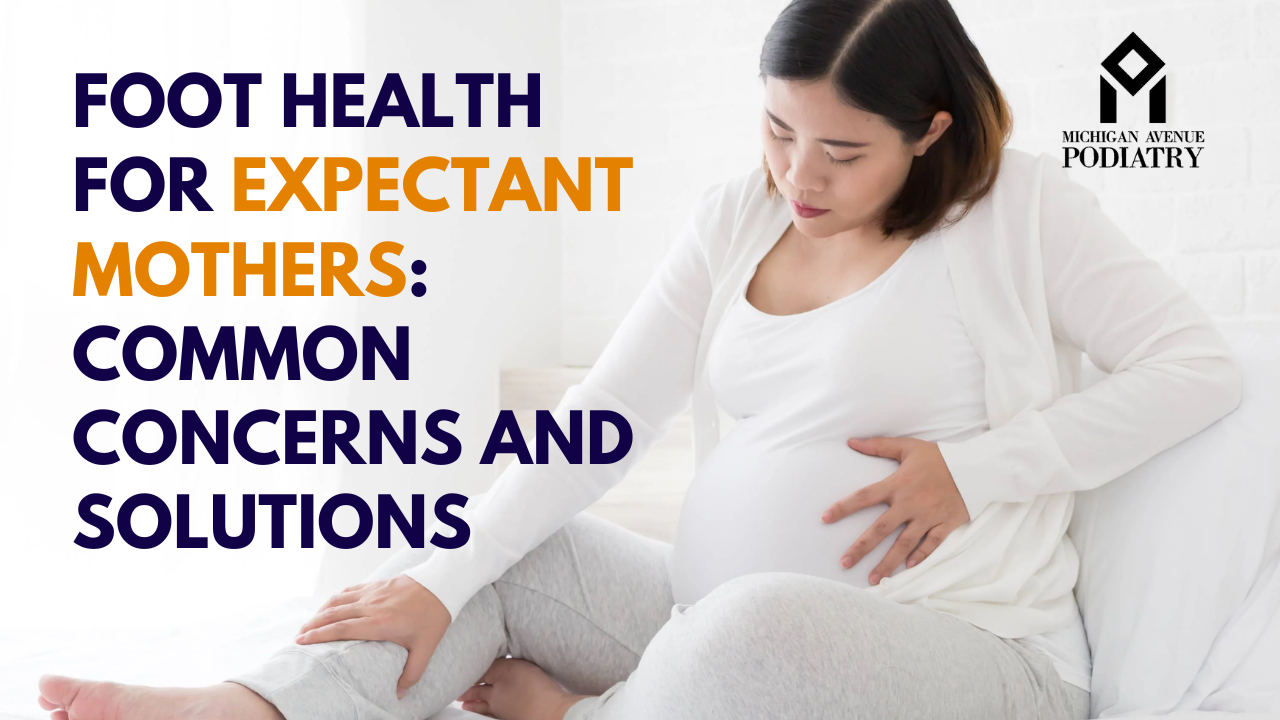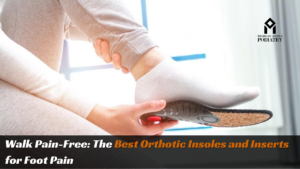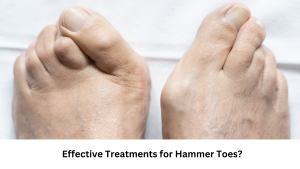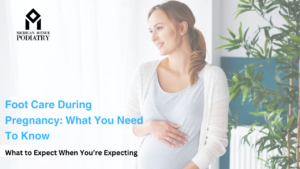Pregnancy is a beautiful journey filled with excitement and anticipation, but it also brings about changes and challenges, including those related to foot health. As an expectant mother, it’s essential to prioritize your overall well-being, including the health of your feet. In this article, we’ll explore some common foot concerns that pregnant women may encounter and provide practical solutions to help maintain optimal foot health throughout pregnancy.
Swelling (Edema):
- One of the most common foot issues during pregnancy is swelling, also known as edema. Increased fluid retention and changes in circulation can cause swelling in the feet and ankles, especially during the later stages of pregnancy. To reduce swelling, consider the following:
- Elevate your feet whenever possible to promote circulation and reduce fluid buildup.
- Wear comfortable, supportive shoes with good arch support and room for swelling.
- Avoid standing or sitting for prolonged periods. Take regular breaks to move and stretch your legs.
- Stay hydrated and consume a balanced diet low in sodium to help regulate fluid retention.
Foot Pain:
- Many expectant mothers experience foot pain, particularly in the arches and heels, due to the added weight and changes in posture during pregnancy. To alleviate foot pain, try the following:
- Invest in supportive footwear with cushioning and shock absorption to minimize pressure on your feet.
- Consider wearing orthotic inserts or custom-made shoe inserts to provide additional support and stability.
- Practice gentle stretching exercises for the feet and calves to improve flexibility and reduce tension.
- Schedule regular foot massages or consider using a foot spa to soothe tired and achy feet.
Overpronation and Flat Feet:
- Pregnancy hormones can relax the ligaments in your feet, leading to overpronation (excessive inward rolling of the foot) and flat feet. This can increase the risk of foot strain and discomfort. To address overpronation and flat feet, consider the following:
- Wear supportive footwear with firm arch support to help maintain proper alignment and stability.
- Perform strengthening exercises for the muscles in your feet and ankles to improve arch support and prevent overpronation.
- Consult with a podiatrist to assess your foot mechanics and determine if custom orthotics or supportive devices are necessary.
Ingrown Toenails:
- Changes in hormone levels and increased pressure on the feet during pregnancy can make expectant mothers more prone to ingrown toenails. To prevent ingrown toenails, follow these tips:
- Trim your toenails straight across and avoid cutting them too short to reduce the risk of ingrown nails.
- Wear properly fitting shoes with adequate toe room to prevent crowding and pressure on the toenails.
- Practice good foot hygiene by keeping your feet clean and dry, and avoid wearing tight socks or hosiery that can compress the toes.
Varicose Veins:
- Varicose veins are enlarged, swollen veins that commonly occur in the legs and feet during pregnancy due to increased pressure on the circulatory system. To minimize the risk of varicose veins, consider the following:
- Stay physically active with low-impact exercises like walking or swimming to improve circulation and strengthen leg muscles.
- Wear compression stockings or support hose to help promote blood flow and reduce swelling in the legs and feet.
- Elevate your legs above heart level whenever possible to alleviate pressure on the veins and improve circulation.
In conclusion, maintaining optimal foot health is essential for expectant mothers to ensure comfort and mobility throughout pregnancy. By addressing common foot concerns and implementing preventive measures, you can minimize discomfort and enjoy this special time to the fullest. Remember to listen to your body, stay active, and seek professional guidance from a podiatrist if you experience persistent foot issues or concerns during pregnancy.
